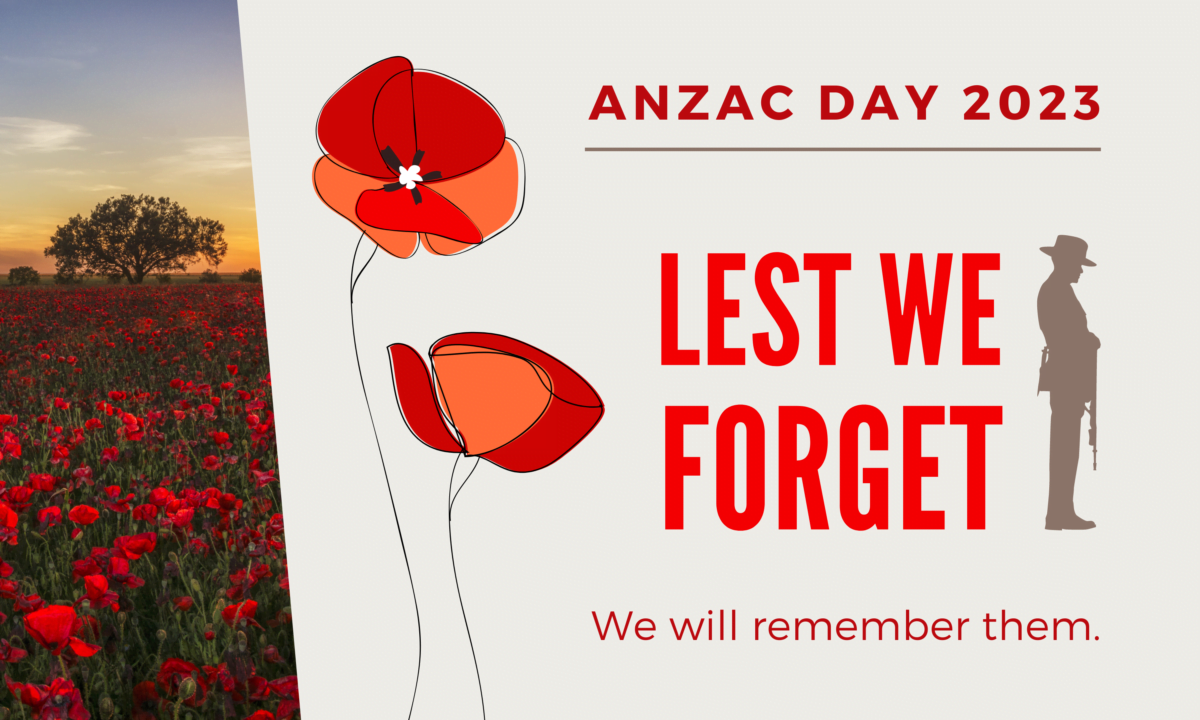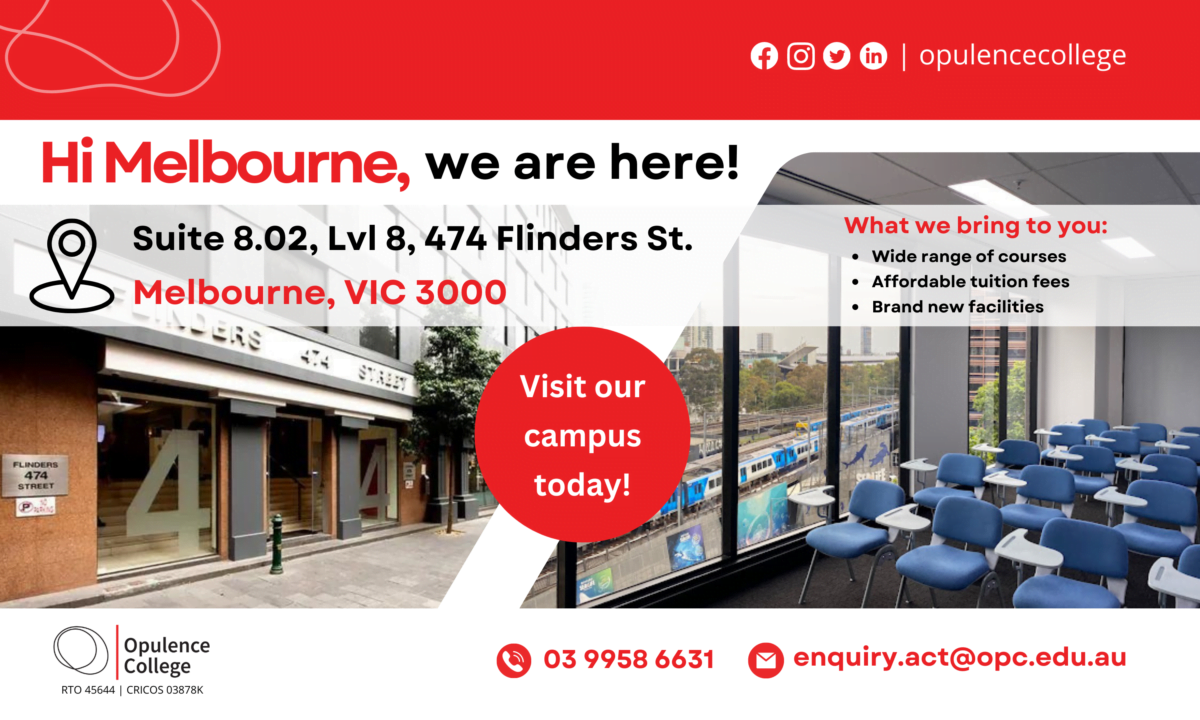Choosing the right accommodation can make the difference while studying in Australia! Luckily, there are lots of options available for students to ensure they have the best possible experience for studying in Canberra. Canberra has a wide range of accommodation types, from one-bedroom units to city apartments and suburban houses. You will need to consider whether you want to live by yourself or to share rooms and bathrooms – potentially with strangers. Shared accommodation is often a great way to meet new people and make friends, and is generally cheaper, but for those who prefer their own space, living in a studio is also one of the great and affordable options.
There are lots of useful websites to help you to find the right accommodation:
Homestay
Living with a Canberra host family in a homestay is popular among international students as it helps you practice your English and gives you extra support on your arrival in a foreign city. You can stay for your first 2–4 weeks with an option to extend if you wish.
When using websites to find accommodation, it is important for you to research whether they are legitimate providers by talking to friends in Australia or by speaking to Opulence College’s friendly staff. Using real estate agents is usually the best way to guarantee safety and standard of living, otherwise using websites such as Flatmates could be another option as they vet all users. Please be advised that you must inspect any properties that you are going to rent prior to entering into any agreements with the landlords.
Canberra is considered one of the safest cities in Australia, however, there are still many potential dangers to be aware of, especially at night. If you or someone you are with are in need of emergency assistance from the Police, Ambulance Service or Fire Brigade, call Triple Zero – 000.






